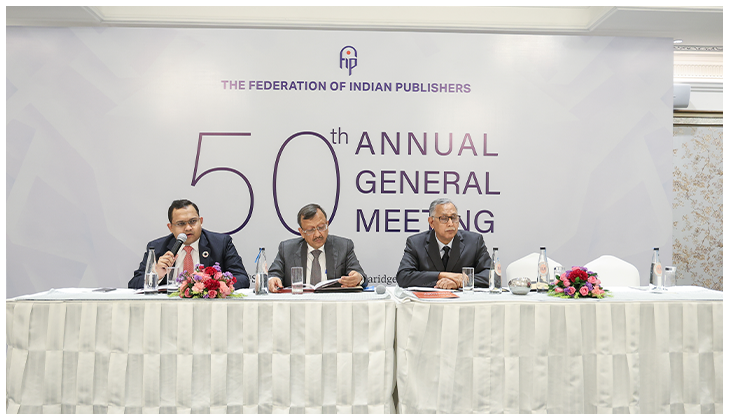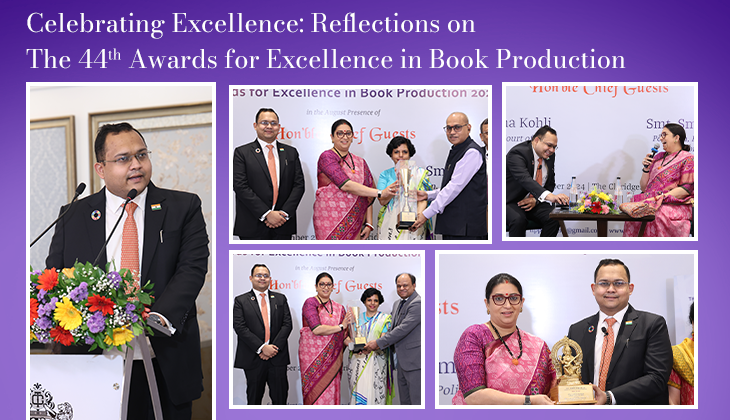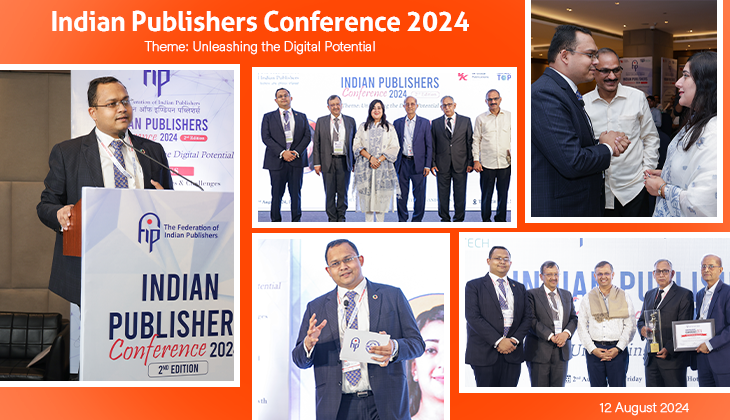English language, today, stands as the most concrete evidence of India’s colonial past. A language which was predominantly an elite code of conduct is now the most widely spoken language in India, after Hindi. Its secondary denomination, however, does not matter at all. What matters instead is the exhilarating speed at which this global, boundary-less language has befriended everyone across the nation.
The prominence of English has multiplied so much over the years that it’s the most preferred means in the fields of education and business. Convent education, English dailies, Hin-glish nomenclature, and what not! Look around, and you’ll see the impact and influence of English every now and then. ‘Wassupp or Whatsapp’, we are Indian at heart and English in style.
Currently, although only around 4% of the Indian population uses English regularly, still India has the third largest English-speaking population in the world, after USA and UK. Officially, English was given the status of an assistant language at the time of India’s independence. With time, this status has grown more profound in terms of accessibility and ease.
We speak English not because we are forced to, but because we connect with it. Wonder why most of the schools today have English-based curriculums. Precisely because students consider English as their first language! It’s easier for them to communicate, read and write in English than in Indian languages, including their mother tongues. Yes, English has become the de facto national language of India. But that doesn’t rule out the presence of other languages, especially Hindi. As one of the most populated English reading countries, we possess a rich talent pool. So, while we read and write in English, we connect to a million more on the global front and set our nation apart.
Indian writing in English is now at its fertile peak. Fiction writers like Salman Rushdie, Arundhati Roy, Vikram Seth, Jhumpa Lahiri and Amitav Ghosh are faces of the new generation of writing talent that’s setting its toll. Indian authors are shining on the global front today. Arundhati Roy won the Booker Prize for her novel “The God of Small Things”. Vikram Seth was acclaimed for his longest English novel written in a single volume.
Another facet includes the booming English dailies and movies. India currently publishes more than 8000 English dailies, reaching 142 million people. Popular English newspapers like The Times of India, Indian Express, The Hindustan Times and The Hindu have strengthened the pace of English. There are many Indian movies in English like Gurinder Chadha’s ‘Bend it like Beckham’ and Mira Nair’s ‘Monsoon Wedding’.
Yes, we teach and talk English, and eat and watch English. And it’s bound to grow. Colleges, restaurants, movies or match, English distinctly shines as the most preferred means of communication in modern India.


